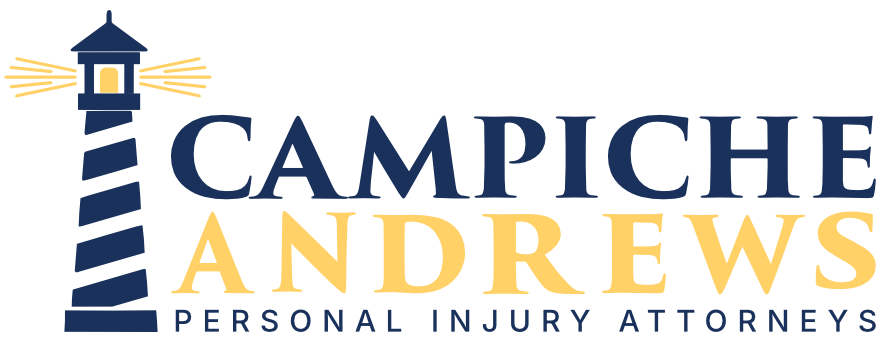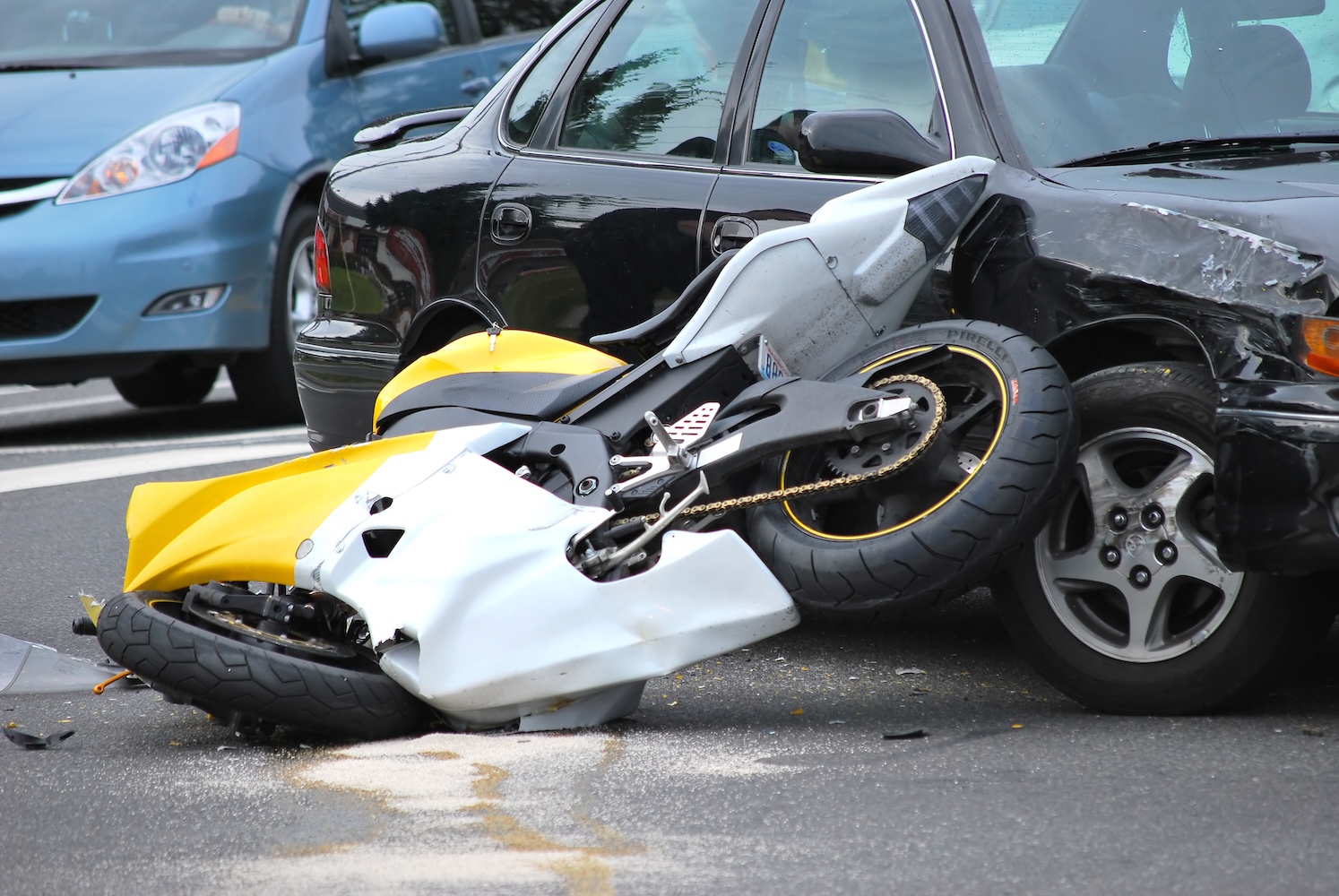Every year, hundreds of motorcyclists in Washington State are seriously injured or killed in crashes, many caused by distracted or negligent drivers. According to the Washington Traffic Safety Commission, motorcyclists make up just 3% of road users, yet account for 15% of all traffic fatalities (WTSC). In a city like Seattle, with dense traffic, changing weather conditions, and limited visibility for riders, the risks are even higher.
If you’ve been involved in a motorcycle accident, you may feel overwhelmed, injured, and unsure of what to do next. This guide breaks down the exact steps to take immediately after a crash, how to protect your legal rights, and when to call an experienced Seattle motorcycle accident attorney for help.
Immediate Steps to Take After a Motorcycle Accident
1. Prioritize Your Safety and Get Medical Help
Every year, hundreds of motorcyclists in Washington State are seriously injured or killed in crashes, many caused by distracted or negligent drivers. According to the Washington Traffic Safety Commission, motorcyclists make up just 3% of road users, yet account for 15% of all traffic fatalities (WTSC). In a city like Seattle, with dense traffic, changing weather conditions, and limited visibility for riders, the risks are even higher.
If you’ve been involved in a motorcycle accident, you may feel overwhelmed, injured, and unsure of what to do next. This guide breaks down the exact steps to take immediately after a crash, how to protect your legal rights, and when to call an experienced Seattle motorcycle accident attorney for help.
2. Call the Police
Request a police officer to come to the scene. The responding officer will create an official accident report, which becomes a key piece of evidence for insurance claims and any legal action. Make sure to:
-
Provide a calm, factual statement
-
Ask for the officer’s name and badge number
-
Request a copy or report number
3. Document the Scene
If you’re physically able and it’s safe, gather your own evidence:
-
Take clear photos of your motorcycle, the other vehicles, road conditions, and visible injuries
-
Get the names, contact information, and insurance details of all parties involved
-
Collect names and contact info from any witnesses
4. Avoid Admitting Fault
Stick to the facts when speaking to the other driver or witnesses. Even saying something like “I’m sorry” can be misinterpreted as an admission of fault.
5. Notify Your Insurance Company
Inform your insurer about the crash as soon as possible. Be brief and factual. Do not provide a recorded statement until you’ve spoken to an attorney.
What Injured Riders in Seattle Should Know About Filing a Claim
Understand Washington’s Comparative Fault Rule
In Washington, you can still recover damages even if you’re partially at fault. Your compensation may be reduced by your percentage of responsibility, but it won’t eliminate your ability to collect.
The Statute of Limitations for Motorcycle Accident Claims
In Washington State, you generally have three years from the date of the accident to file a personal injury lawsuit. However, it’s best to act quickly while evidence and witness memories are fresh.
Common Injuries in Motorcycle Accidents
Motorcycle crashes often result in serious injuries that can change your life. Common injuries include:
-
Traumatic brain injuries (TBIs)
-
Spinal cord injuries
-
Road rash and soft tissue damage
-
Broken bones and fractures
-
Internal organ damage
-
Psychological trauma (PTSD)
Even with protective gear, riders are highly exposed. That’s why it’s essential to pursue a claim that accounts for both current and future medical costs.
Do You Need a Motorcycle Accident Lawyer?
When to Call an Attorney
You should speak with a Seattle motorcycle accident lawyer if:
- You suffered serious or long-term injuries
- There’s a dispute over who caused the crash
- The other driver was uninsured or underinsured
- You’re facing significant medical bills or lost income
Insurance companies often try to minimize payouts or shift blame onto the rider. An experienced attorney can protect your rights, investigate the crash, and fight for full compensation.
What Can an Attorney Do for You?
A qualified lawyer will:
-
Gather and preserve critical evidence
-
Work with medical and accident reconstruction experts
-
Handle communication with insurers
-
Calculate full damages (medical, lost wages, pain and suffering)
-
Negotiate a settlement—or take your case to trial if necessary
What Compensation Can You Recover?
Depending on your case, you may be entitled to recover:
-
Medical expenses (past and future)
-
Rehabilitation or physical therapy
-
Lost wages and reduced earning capacity
-
Pain and suffering
-
Motorcycle repair or replacement
-
Emotional distress
If the accident resulted in a fatality, surviving family members may be eligible to file a wrongful death claim.
Final Thoughts
Motorcycle accidents can leave lasting physical, emotional, and financial scars. Don’t try to navigate the aftermath alone. A skilled legal team can help you recover and rebuild.
At Campiche Andrews PLLC, we have decades of experience representing injured riders across Washington. We fight back against insurance companies, advocate for fair compensation, and never charge a fee unless we win your case.
Frequently Asked Questions
What if I wasn’t wearing a helmet?
Washington law requires all motorcyclists to wear helmets. If you weren’t wearing one, you may still recover compensation, but your award could be reduced if the lack of a helmet contributed to your injuries.
How long does a motorcycle accident claim take?
It depends on the complexity of the case, but many claims resolve within 6–12 months. Cases that go to trial may take longer.
Can I still file a claim if I was partially at fault?
Yes. Washington follows a pure comparative negligence rule, meaning you can recover damages even if you were up to 99% at fault—though your recovery is reduced accordingly.
What if the at-fault driver doesn't have insurance?
You may still have options through your own uninsured/underinsured motorist (UM/UIM) coverage. An attorney can help you explore these avenues.

